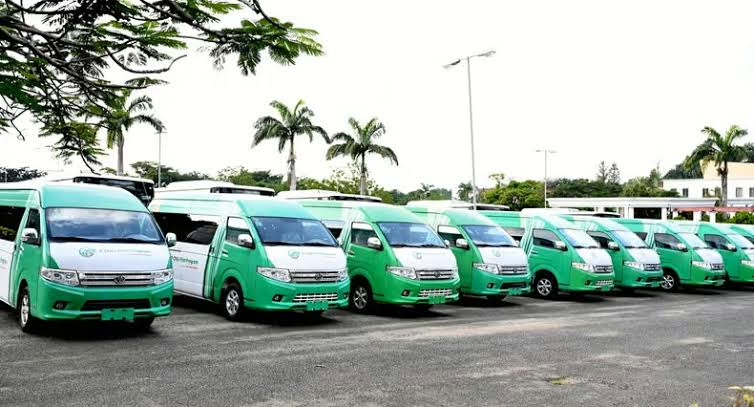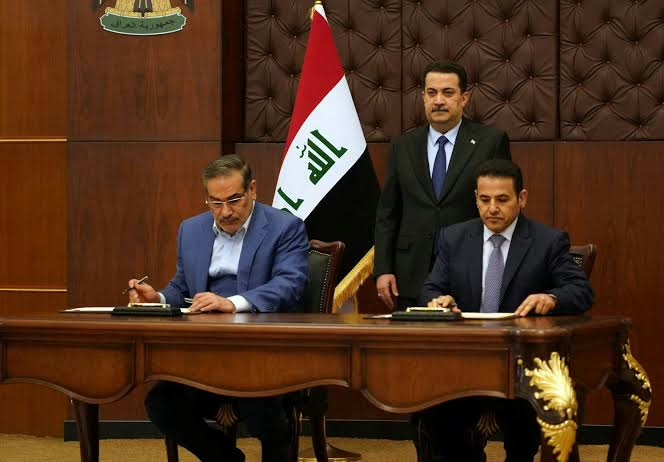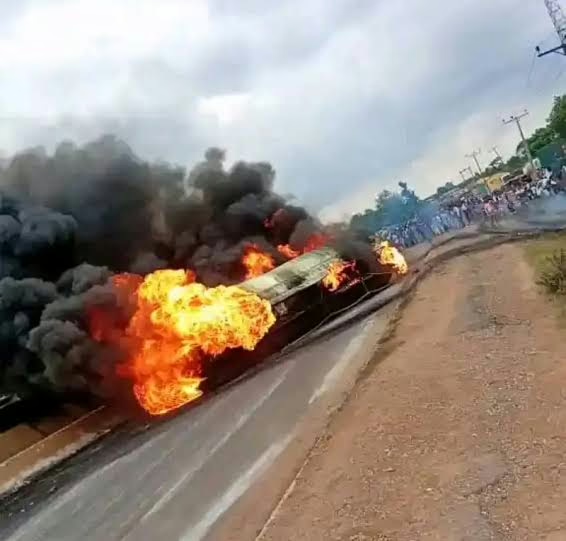By Charles Maduka
The Federal Government has announced the successful conversion of over 100,000 petrol-powered vehicles to Compressed Natural Gas (CNG) in the past year as part of its national energy transition initiative.
Speaking during a sensitisation workshop in Lagos on Thursday, Michael Oluwagbemi, Programme Director and CEO of the Presidential Compressed Natural Gas Initiative (PCNGI), described the milestone as a major achievement aimed at cushioning the effects of fuel subsidy removal and promoting alternative fuel sources.
According to Oluwagbemi, CNG-powered vehicles in Nigeria have grown from under 4,000 to nearly 100,000 in just over 12 months. He attributed the surge to growing public awareness and strong private sector involvement.
“The President’s vision was clear: reduce the burden on citizens by utilising domestic energy like natural gas to build a sustainable, cost-effective transport system. Public buy-in is increasing rapidly,” he said.
He cited Dangote Group’s rollout of 4,000 CNG trucks as an example of rising investor confidence and revealed that over \$1 billion has been committed to the initiative so far, including \$280 million from Dangote and \$28 million from Arita LNG.
The initiative has expanded from just seven vehicle conversion centres to 265 across the country. It has also created over 10,000 jobs and grown from 20 to 60 operational CNG refuelling stations, with 175 more currently being developed.
Oluwagbemi addressed safety concerns, noting that CNG is significantly less explosive than petrol or diesel. “Most explosion stories you hear involve petrol. CNG is 18 times less explosive than petrol,” he clarified.
He also said that cheaper transport made possible by CNG has begun impacting food prices positively. “In Lagos, the cost of meat has dropped in some areas because livestock is now transported using CNG trucks,” he explained.
The PCNGI boss acknowledged support from major transport unions and logistics operators, including RTEAN and NURTW. He also defended the pace of the project’s implementation, saying, “Rome wasn’t built in a day. Critics must remember who led Nigeria into the subsidy crisis.”
An official of the Road Transport Employers’ Association of Nigeria, Babatunde Karim, confirmed that CNG had reduced operational costs significantly for transporters. He urged the government to address issues of gas shortages and low pressure at some refuelling stations.
Similarly, Dele Tajudin of the Independent Petroleum Marketers Association of Nigeria (IPMAN) called for financial and regulatory support to aid station owners in converting their facilities to accommodate CNG.
“CNG installations require structural changes and capital. Without government support, most independent marketers cannot make this shift,” Tajudin said.
Despite these challenges, stakeholders say the initiative is on the right path toward reducing transport costs, improving household incomes, and promoting sustainable energy use across Nigeria.











Leave a Reply